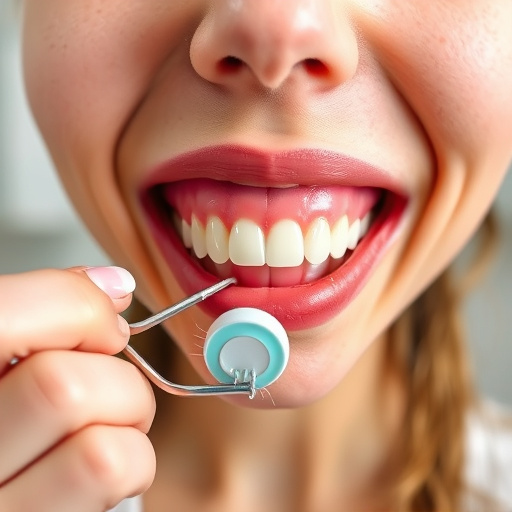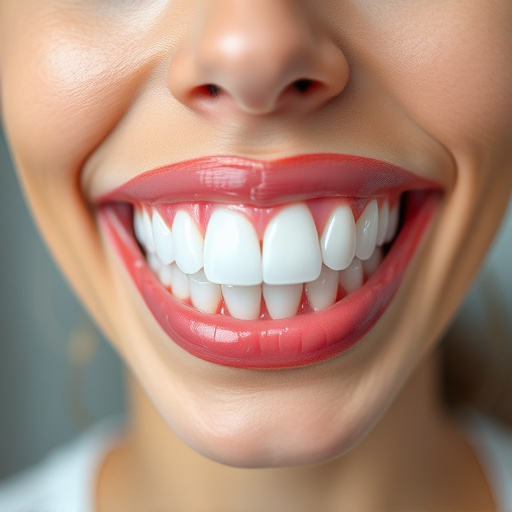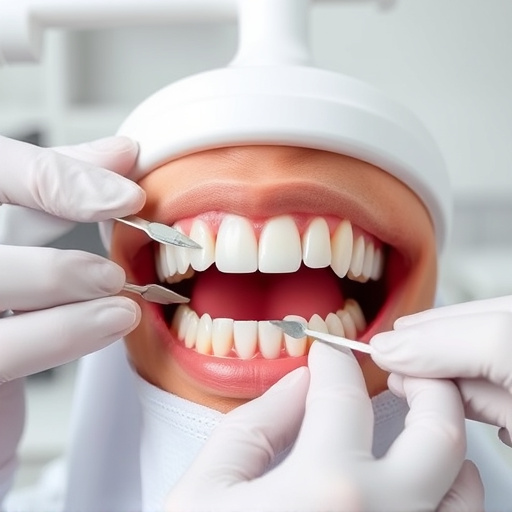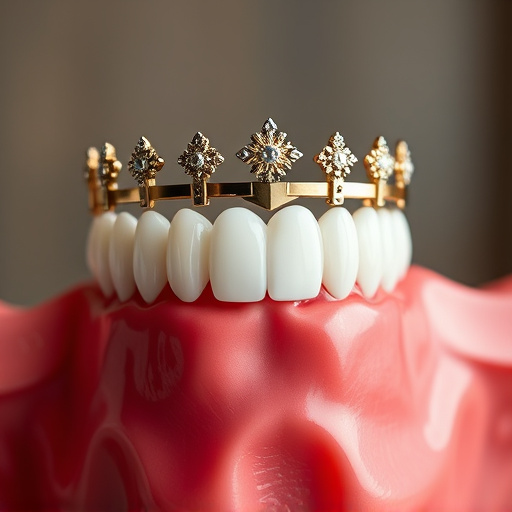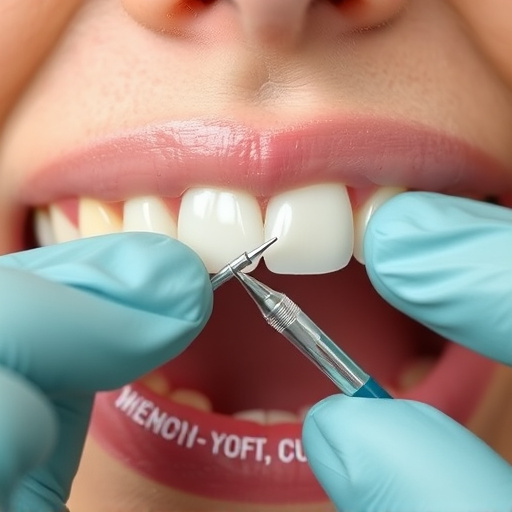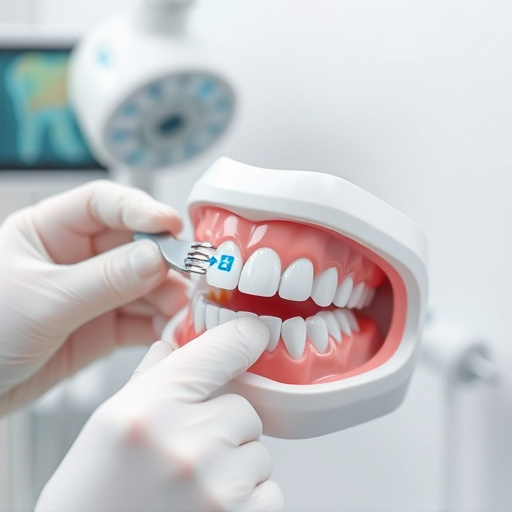Bad breath (halitosis) is caused by various factors including poor hygiene, dental issues, diet, smoking, and medical conditions. Regular oral care and deep cleaning techniques are vital for prevention. Dental professionals may recommend treatments like bonding, clear aligners, or routine exams to address specific issues. Preventive measures include brushing, flossing, staying hydrated, dietary adjustments, and regular dental check-ups. For persistent bad breath, cosmetic dental procedures can help address underlying health problems contributing to halitosis.
Bad breath, or halitosis, can be embarrassing and detrimental to self-confidence. Understanding its causes, which range from food particles to oral health issues, is the first step towards effective treatment. This article explores deep clean techniques to eliminate bad breath at its source, offering practical tips for maintaining optimal oral hygiene. By adopting simple lifestyle changes, you can prevent future instances of bad breath and restore your confidence.
- Understanding Bad Breath: Causes and Effects
- Deep Clean Techniques for Effective Bad Breath Treatment
- Preventing Bad Breath: Lifestyle Changes and Maintenance
Understanding Bad Breath: Causes and Effects
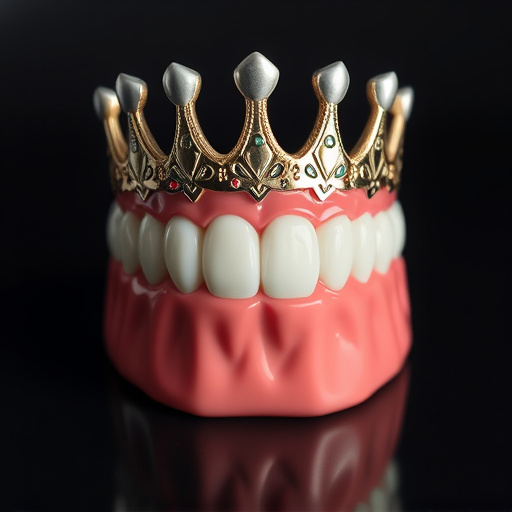
Bad breath, or halitosis, is a common yet often embarrassing issue that can significantly impact an individual’s confidence and social interactions. Understanding its causes is the first step in finding effective bad breath treatment. Various factors contribute to this condition, ranging from poor oral hygiene practices to more serious dental issues.
One of the primary culprits behind bad breath is bacteria buildup in the mouth. Food particles left between teeth and on the tongue can foster bacterial growth, releasing sulfur compounds that give breath an unpleasant odor. Dental problems like tooth decay, gum disease, or even a dry mouth can also be underlying causes. Additionally, certain foods, smoking, and certain medical conditions may lead to bad breath. Regular oral care, including brushing, flossing, and using mouthwash, is crucial for prevention. For more severe cases, dental professionals might recommend treatments such as dental bonding or clear aligners to address specific issues, combined with routine oral exams to monitor overall oral health.
Deep Clean Techniques for Effective Bad Breath Treatment
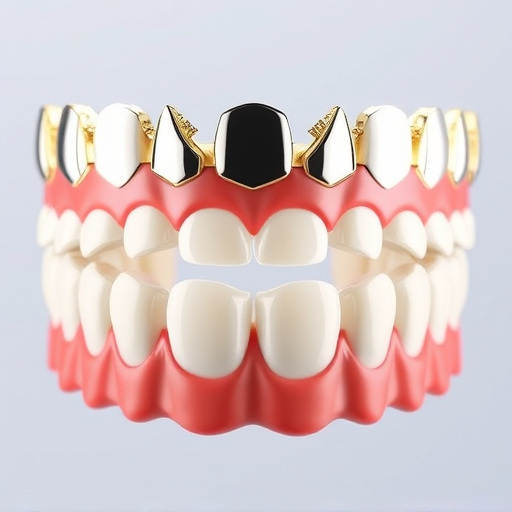
Deep clean techniques play a pivotal role in effective bad breath treatment. Beyond regular brushing and flossing, specialized procedures like professional teeth cleaning can eliminate stubborn plaque and tartar buildup, often hiding in hard-to-reach areas. These accumulations are major contributors to bad breath, as they provide an ideal breeding ground for sulfur-producing bacteria.
For those with dental crowns or other restorative work, ensuring proper fit and regular replacement is crucial. Ill-fitting restorations can trap food particles and promote bacterial growth, exacerbating bad breath. Incorporating routine oral exams into your dental care regimen allows dentists to monitor these issues, provide necessary adjustments, and prevent further complications that could impact overall breath health.
Preventing Bad Breath: Lifestyle Changes and Maintenance
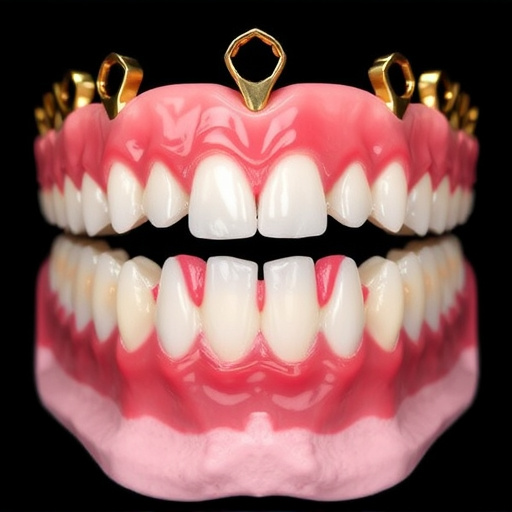
Preventing bad breath starts with lifestyle changes and consistent oral hygiene maintenance. Regular brushing and flossing are fundamental to removing plaque buildup, food debris, and bacteria that contribute to halitosis. Staying hydrated is another crucial aspect; drinking plenty of water helps wash away odor-causing substances and keeps your mouth moist, which is less conducive to bacterial growth.
Diet plays a significant role too. Reducing the consumption of garlic, onions, spicy foods, and certain proteins can help mitigate breath odors. Moreover, incorporating breath-freshening foods like citrus fruits, mint, or parsley into your diet may provide temporary relief. For those considering more permanent solutions for bad breath treatment, options such as cosmetic fillings, clear aligners, or dental crowns could be explored to address underlying oral health issues.
Bad breath can significantly impact social interactions and self-confidence, but with the right approach, it’s treatable. By understanding the causes, adopting effective deep clean techniques, and implementing preventive lifestyle changes, individuals can effectively manage and overcome bad breath. Regular oral hygiene practices, a balanced diet, and staying hydrated are key to maintaining fresh breath. Remember, consistent care and knowledge of both treatment and prevention methods empower individuals to take control of their breath health, ensuring they can confidently enjoy social situations and improve overall well-being.




